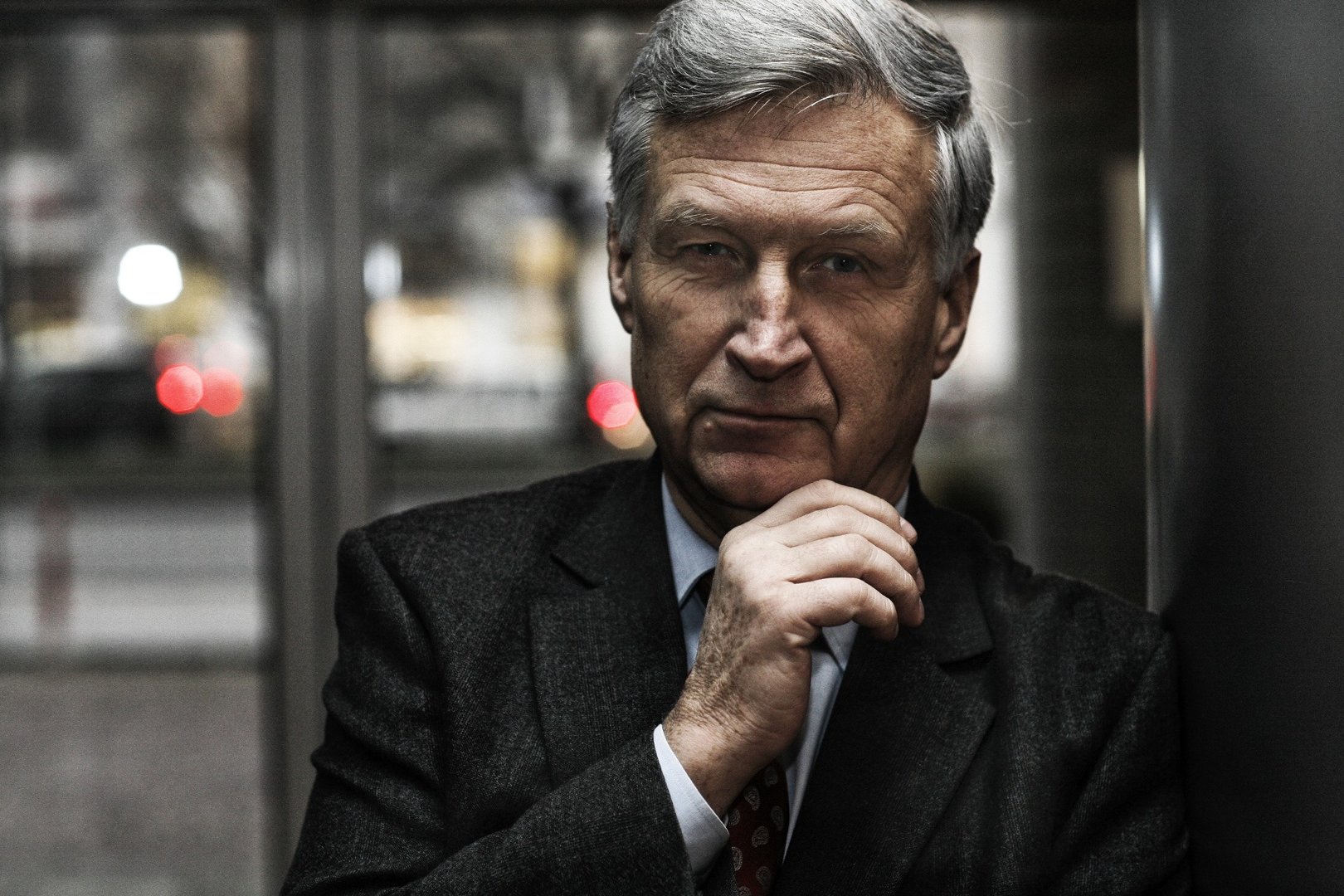If Poland’s economy could be isolated, cutting it off from outside influences, and above all, from Polish politics, our situation would be perfect. Wage increases will significantly boost domestic demand, and the funds from the Operational Program Knowledge Education Development (KPO) and cohesion funds will support investment. However, isolation is impossible. Therefore, it is necessary to count on stabilization in the political area and an improvement in the condition of the economies of our main trading partners.
In December, I wrote that the decidedly excessive optimism of investors, leading to the increase in bond, stock and gold prices, was worrying. The end of December was already slightly less optimistic, and the beginning of the year was the worst for many assets in years. Investors suddenly changed their minds and began to fear that the U.S. Federal Open Market Committee (FOMC) would leave interest rates high for an extended period, which would eventually slow down the economy and limit company profits.
I assumed that we would see a solid correction in the stock markets in the first quarter, but such a cold shower from the first trading session of 2024 was somewhat surprising. At the time of writing, declines were very limited. In the U.S., the S&P 500 index lost two percent, and in Poland, the WIG20 lost just over three percent. I do not think this signals a bear market. We will only discover the truth about the US stock market in the second half of January, when the season of quarterly company reports will pick up (starting on January 12).
An old saying from Wall Street states that as January begins, so will the entire month of January, and as January goes, so goes the entire year. I quote this saying, but advise to take it with a grain of salt. More convincing is the observation that since the 1940s, in a U.S. election year, if the incumbent president is running, the indexes would end the year with solid gains.
Generally, however, I am not a fan of analyzing markets based on event cyclicality. Many of my colleagues do this, but in my opinion, the markets change over time, so saying that if something was repeating cyclically then it will also continue to do so doesn’t make much sense. Over the past 20 years, the markets have changed significantly due to computerization, the use of artificial intelligence, and the Internet.
That’s enough about the beginning of the year, and now a few sentences about the forecasts for 2024 for Polish assets. It can be said that if the Polish economy could be isolated, cutting it off from outside influences and the impact of Polish politics, the situation would be perfect. Wage increases – from the minimum (20%), through teachers (30%), to public services (20%) – will lead to wage growth in many other groups (the mechanism of wage pressure is obvious). This will significantly boost domestic demand.
The government will do everything to significantly increase investment, aided by funds from the KPO and European cohesion funds. I think that by the second half of the year, we will see a tangible impact of investment on GDP. This is the second engine driving our economy. Perhaps Germany will finally overcome its economic problems, which would benefit our exports. This would be the third engine.
In this situation, forecasts predicting a GDP growth of over three percent this year seem very likely. The only problem is that it will be more difficult to control inflation. Given this, in my opinion, the Warsaw Stock Exchange has another very good year ahead, assisted by an increase in participation in Employee Capital Plans (PPK). The złoty should also end the year with gains.
What could spoil this positive picture? A global economic slowdown greater than many expect (I don’t), and our political turmoil – could lead to turbulence that foreign investors may not like. I am not making a prediction about the likelihood of such turbulence, but it is decidedly greater than zero.
Piotr Kuczyński, Member of the Polish Economic Society, DI Xelion
